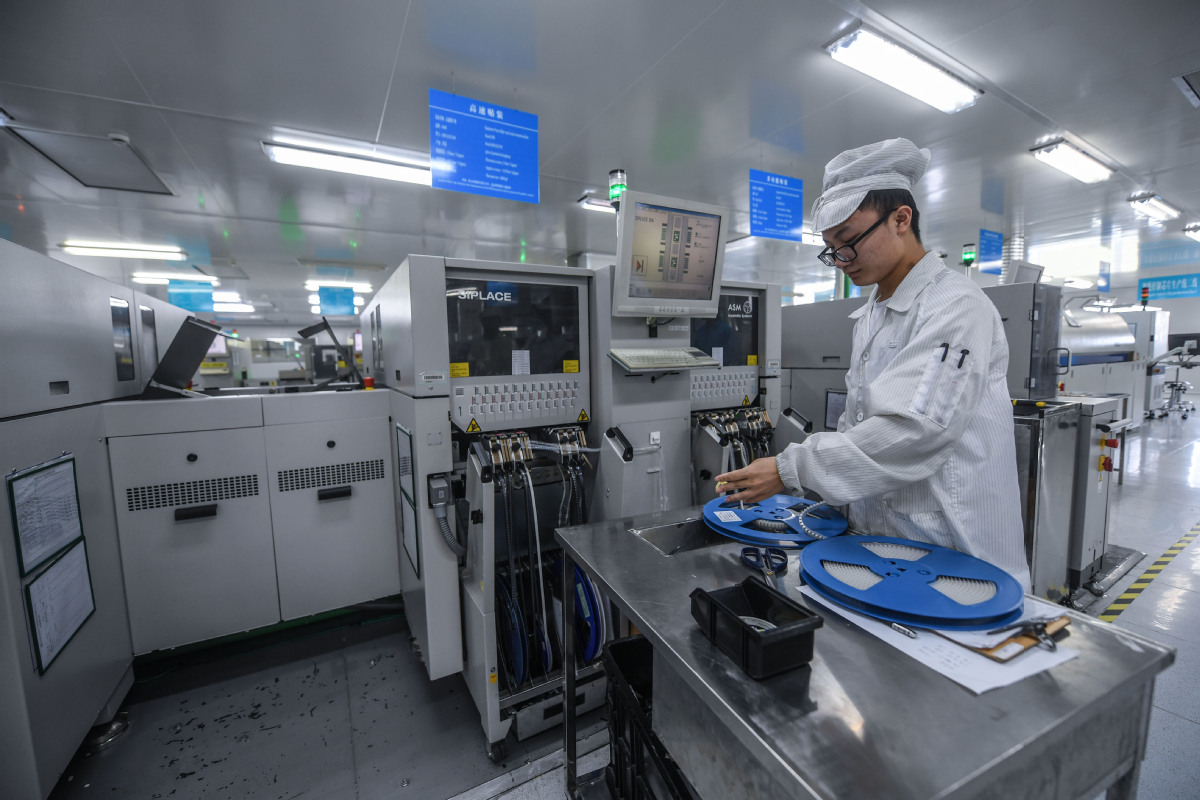China chips away at semiconductor woes

Two-pronged plan targets short-term shortages and long-term lead in smart vehicles
Carmakers' production has slipped into low gear as crimped supplies have made semiconductors, which are now integral to new-age vehicles, a precious commodity, company executives and experts said.
As the world's largest auto market and production base, China's response to the shortages has been to ramp up efforts to develop its indigenous semiconductor sector.
At the same time, the nation has been deepening international cooperation for vehicle chips, they said.
Such efforts are meant not just to solve the short-term challenge of stepping up supplies of auto chips, but to help the nation establish a sound semiconductor foundation for achieving its goal of building a globally competitive smart vehicle sector over the next decade and beyond, they said.
Dong Yang, co-chairman of the China Automotive Chip Industry Innovation Strategic Alliance, an organization founded in September 2020 to promote the development of China's homegrown auto semiconductor sector, said auto chip shortages became evident amid the COVID-19 pandemic.
The problem emerged in China in late December as a result of the unexpected recovery in the local auto market. The revived global demand for chips used in consumer electronics such as personal computers and smartphones is also affecting the production of chips used in cars, Dong said.
"Currently, China relies heavily on import of crucial auto chips. Though China accounts for more than 30 percent of global sales of cars, the nation produces only about 5 percent of the global auto chips," Dong said.
According to him, it is important to cultivate competitive Chinese auto chipmakers that can help local companies better deal with crises such as the COVID-19-related shortages and possible export restrictions imposed by other countries amid geopolitical uncertainties.
"But it does not mean that we would sever our ties with the global auto chip supply chain. Instead, we are just striving for a healthier proportion so that we can rely on ourselves whenever an emergency arises. We will continue expanding international cooperation, given that chips and cars are both highly globalized industries," Dong said.

